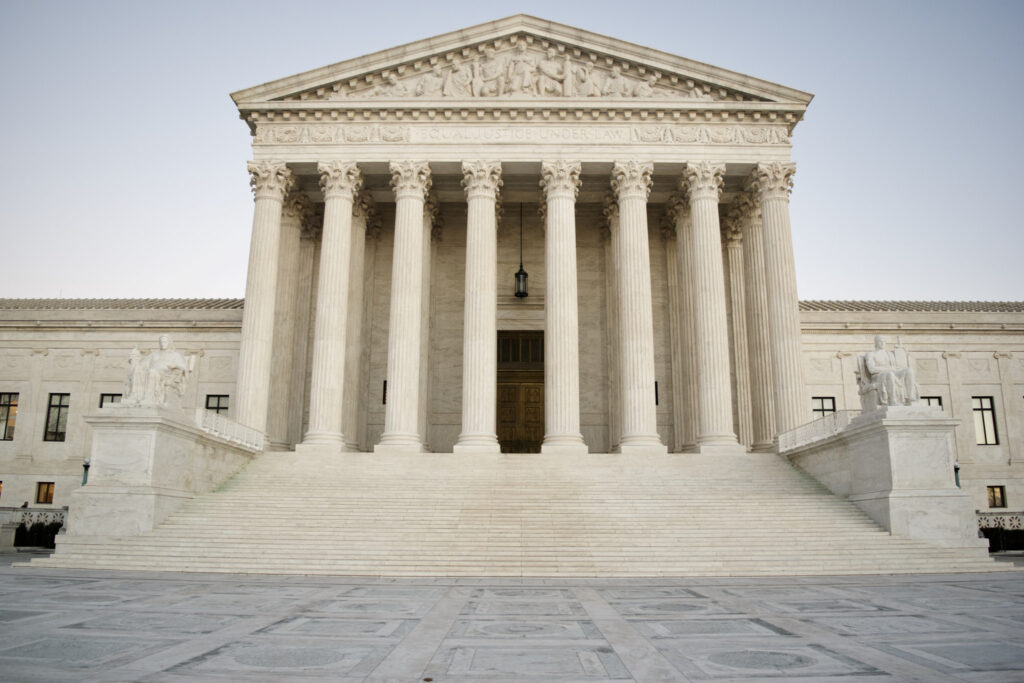In recent years, examples abound of social media companies suppressing content that does not comport with the ideological objectives held by Big Tech oligarchs. Fortunately, two states, Florida and Texas, recognized this for what it is: an egregious violation of Americans’ fundamental right to freedom of speech.
As such, Florida and Texas proceeded to pass laws designed to prohibit the ability of Big Tech to engage in blatant acts of censorship.
In 2021, Florida Gov. Ron DeSantis signed into law a bill intended to “hold Big Tech accountable by driving transparency and safeguarding Floridians’ ability to access and participate in online platforms.”
In general, the law allows Floridians to sue social media platforms if they have been unduly censored, permits the attorney general to “bring action against technology companies that violate this law,” and forbids Big Tech from de-platforming candidates for political office.
While many in Florida celebrated this victory, the 11th U.S. Circuit Court of Appeals decided it did not pass constitutional muster, stating, “Put simply, with minor exceptions, the government can’t tell a private person or entity what to say or how to say it.”
In 2021, Texas passed its own social media censorship law, which basically prohibits Big Tech from censoring viewpoints, especially those espoused by conservatives, while also allowing those who have been silenced or de-platformed to seek legal recourse.
According to the bill’s author, Rep. Briscoe Cain (R-Deer Park), “At this point, a small handful of social media sites drive the national narrative and have massive influence over the progress and developments of medicine and science, social justice movements, election outcomes and public thought.”
Gov. Abbott, after signing the bill into law, declared, “There is a dangerous movement by some social media companies to silence conservative ideas and values. This is wrong, and we will not allow it in Texas.”
With this being the case, the law is intended to compel social media companies to refrain from viewpoint discrimination while holding Big Tech companies accountable if and when they engage in outright censorship.
However, unlike the Florida law, the Texas law was upheld by the 5th U.S. Circuit of Appeals. According to the Court’s opinion, “The implications of the [Big Tech] platforms’ argument are staggering. On the platforms’ view, email providers, mobile phone companies, and banks could cancel the accounts of anyone who sends an email, makes a phone call, or spends money in support of a disfavored political party, candidate, or business…. Today we reject the idea that corporations have a freewheeling First Amendment right to censor what people say.”
So, we find ourselves in a bit of a pickle. One federal court has struck down Florida’s law while another federal court has upheld Texas’ law, even though both laws are more similar than they are different.
Consequently, the U.S. Supreme Court has agreed to review both cases in an attempt to put the issue of Big Tech censorship to bed, once and for all.
When it comes to the views of Supreme Court justices on the issue of Big Tech censorship, Justice Clarence Thomas has articulated a very compelling argument that drives to the very heart of the matter.
In Thomas’ mind, Big Tech and social media platforms are “sufficiently akin” to common carriers and utility companies, and therefore should be “regulated in this manner.”
In other words, in today’s day and age, Big Tech social media companies such as Facebook and YouTube are similar to yesteryear’s telephone companies like Ma Bell, and should come under the same rules.
Think about it like this: In the 1950s, when companies like Ma Bell held near-monopolies over the telecommunications sector, it would have been unheard of for them to say we are not going to offer service based on the viewpoints expressed in a telephone conservation. But, this is exactly what social media companies are doing in the digital age, which is a grotesque violation of the spirit of the First Amendment and must be prevented at all costs by the Supreme Court.
Photo by Jesse Collins. Creative Commons Attribution 3.0.



